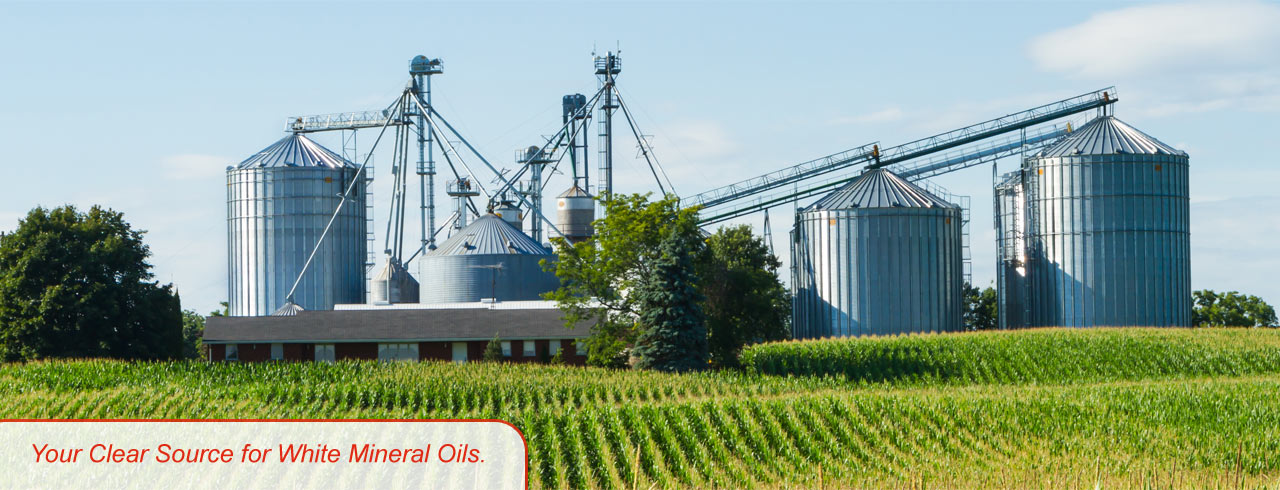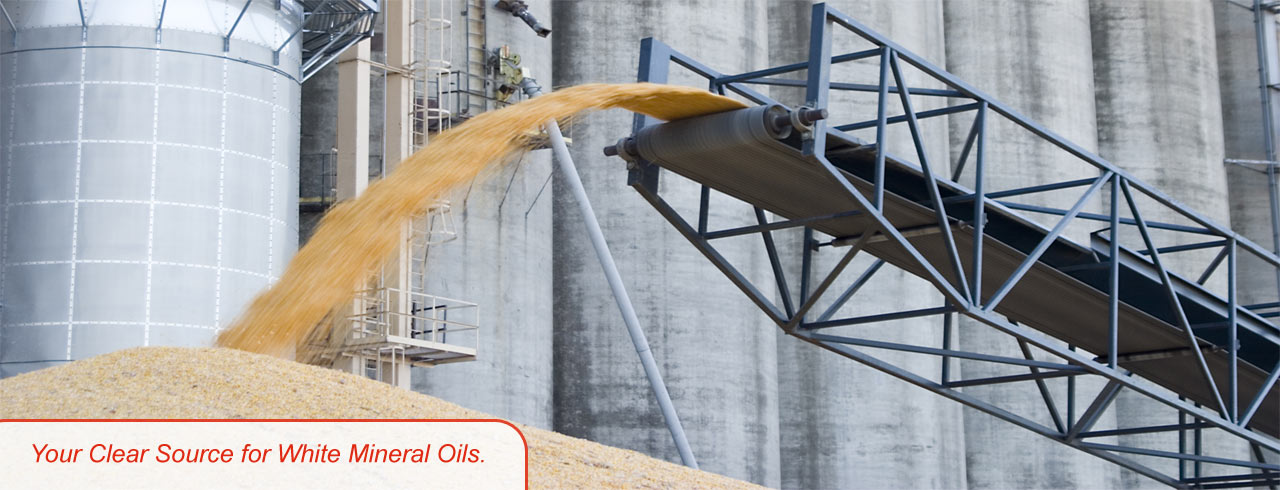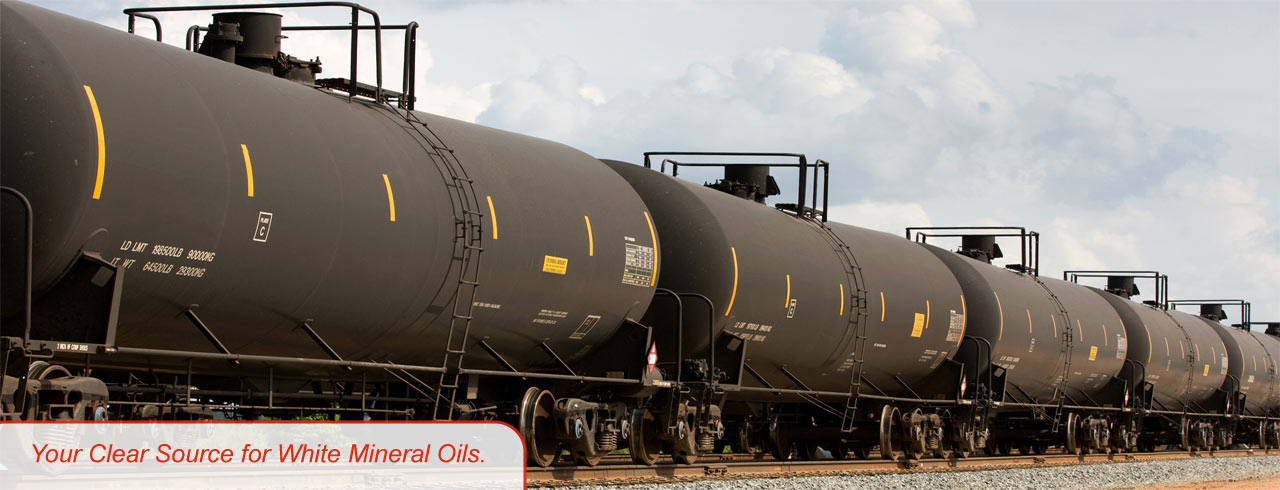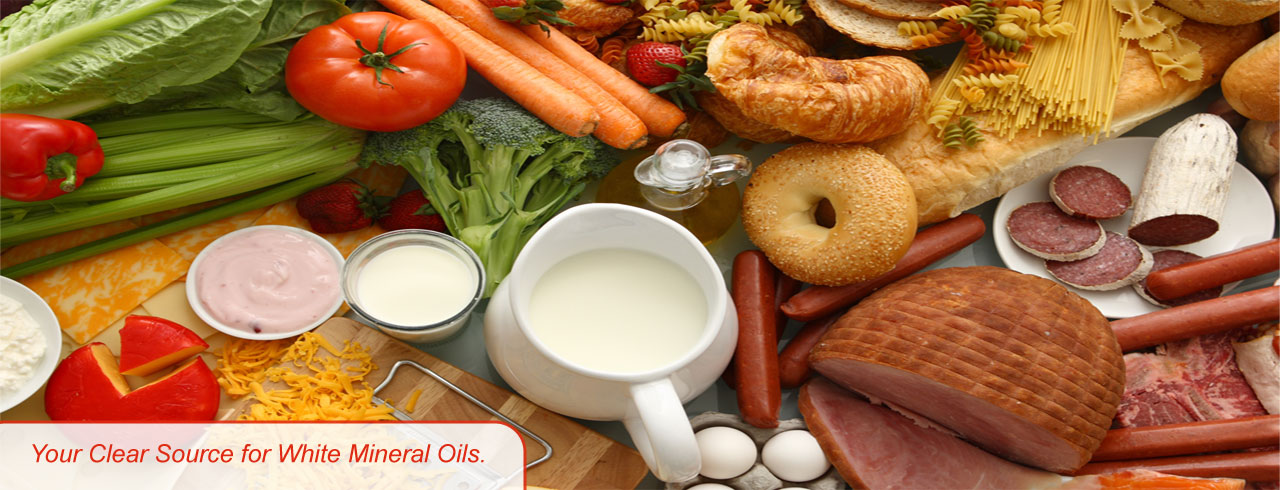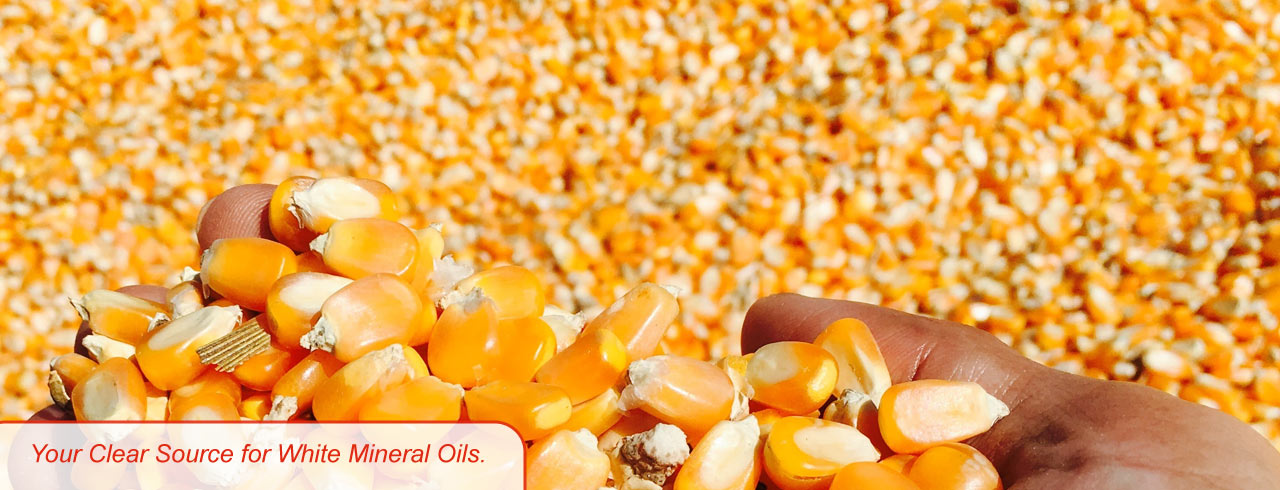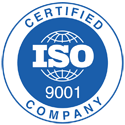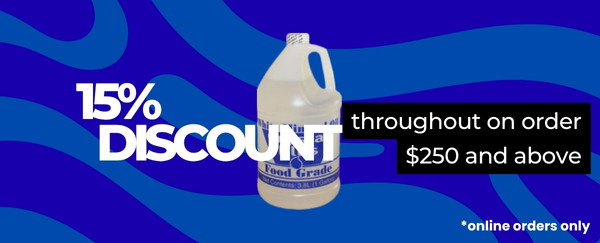A Buyer’s Checklist: What to Look for When Choosing a Mineral Oil Supplier
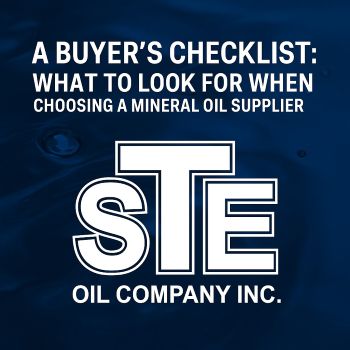
Choosing the right mineral oil supplier is a critical decision for businesses in industries ranging from food processing and pharmaceuticals to personal care and industrial manufacturing. Not all suppliers are created equal, and making the wrong choice can affect everything from product performance to regulatory compliance.
Here’s a comprehensive buyer’s checklist to guide your decision-making process and ensure you select a partner you can trust.
1. Quality Assurance and Product Purity
First and foremost, your mineral oil supplier should adhere to stringent quality control processes. Look for suppliers that provide:
- Certificates of Analysis (COA)
- Batch traceability
- Compliance with USP, NF, FDA, or other applicable standards
- Third-party testing and quality audits
Purity and consistency are paramount, especially when the oil is used in sensitive applications like pharmaceuticals or personal care products.
2. Supply Chain Reliability
Can your supplier consistently deliver on time and in full? Evaluate their logistics capabilities, inventory management systems, and backup supply plans. A reliable supplier should offer:
- On-time delivery performance metrics
- Geographic reach and warehousing options
- Emergency fulfillment capabilities
3. Technical Support and Expertise
Your supplier should do more than deliver product. They should be a technical partner that can support your formulation challenges, product development, and regulatory questions. Look for:
- On-staff chemists or engineers
- Product formulation guidance
- Regulatory documentation and compliance expertise
4. Industry Certifications and Regulatory Compliance
Trustworthy suppliers should hold recognized certifications that align with your industry’s standards. These may include:
- ISO 9001 for quality management
- GMP (Good Manufacturing Practices) compliance
- NSF certification (especially for food-grade oils)
- Kosher, Halal, or allergen-free certifications as needed
5. Customization and Packaging Options
Your business may require custom viscosity ranges, specific packaging, or private labeling. Evaluate if the supplier can accommodate:
- Bulk and drum packaging options
- Private labeling
- Custom blending or formulation support
6. Reputation and Track Record
Finally, consider the supplier’s history and reputation in the industry. Reliable indicators include:
- Years in business
- References or testimonials
- Case studies or success stories
- Online reviews or industry ratings
Conclusion
Selecting the right mineral oil supplier involves more than just comparing prices. It requires careful consideration of quality, reliability, support, and compliance. With this checklist in hand, you’ll be equipped to make a confident and informed choice—and build a partnership that helps your business thrive.










